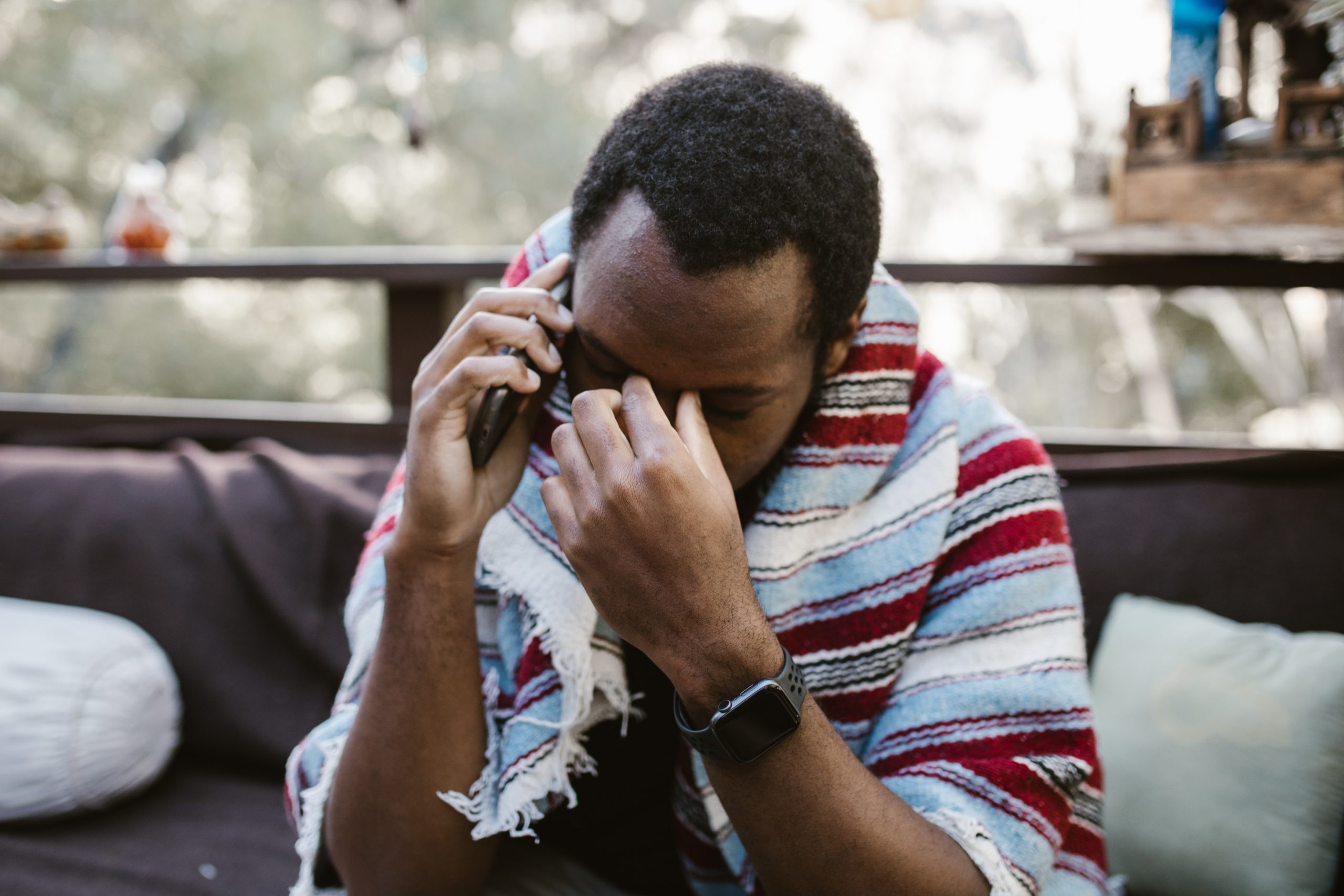There’s no easy or straightforward way to cope with a cancer diagnosis. But knowing what to expect and being prepared for how to take care of yourself can make this challenging time feel a bit easier.
If you’ve just received your diagnosis, you may feel any combination of fear, sadness, or shock. There’s a lot of information to review, and parsing through that can also feel overwhelming. Here are some immediate steps you can take after getting your test results.
Build Your Care Team
Getting the diagnosis is the first step, and it can be the most important one. Having an accurate diagnosis gives you the best chance of receiving proper treatment.
Even if your medical appointments feel scary, it’s important that you feel comfortable with your doctors and the treating hospital. If that’s not the case, consider seeking a second opinion. Remember that, even if you like your provider, you can also ask your doctor for another referral- second opinions are a routine part of many cancer treatments.
Gather Information and Get the Facts From Trusted Sources
Some people find it helpful to look into cancer statistics; others find these numbers triggering and daunting. Regardless of where you stand, you have every right to ask doctors questions and receive the detailed information you deserve. If something confuses or concerns you, speak up.
It’s also important to be mindful of where you seek information. An innocent Google search can quickly turn into a dreaded doom scroll, and it can be challenging to discern the best data.
As a general rule, try to stick to just a few trusted sources when trying to educate yourself. For example, The National Cancer Institute provides comprehensive information about diagnosis, treatment options and clinical trials, and emerging cancer research.
Learn Your Cancer Treatment Options
While there is nothing that is universally proven to cure cancer, there are many treatments that can cure your cancer.
It’s important to explore all the potential treatment options with your team. Each treatment has different side effects, risk factors, and success rates. Some of these options may be more time-sensitive than others. However, if you do have time to carefully review your choices, it’s wise to avoid rushing such decisions.
You may also be eligible for various clinical trials. Keep in mind that a clinical trial isn’t synonymous with being treated like a guinea pig in a testing lab. Clinical trials implement the best cancer treatment options available while adding other safe, effective measures.
Build and Lean On Your Support System
You shouldn’t try to cope with your cancer diagnosis alone. From driving to appointments to navigating imaging tests to undergoing chemotherapy, you will deeply benefit from having emotional support during this time. It’s okay to ask family members for specific help right now. Most people want to provide support, even if they aren’t sure how to do that.
A cancer support group can connect you to other people diagnosed with cancer. These types of groups provide a sense of community for coping with your feelings and helping you manage practical problems.
Your caregivers and loved ones may also want to join their own cancer support groups. These groups also provide emotional support and can connect your family members to other people who “get it.”
Finally, the American Cancer Society provides numerous programs, such as free rides to treatment, access to a survivors network, and a 24/7 cancer hotline). These services are available to both cancer patients and their loved ones.
Try to Take Things One Day At a Time
The cancer journey can feel arduous, and your mind might automatically jump to the worst-case scenario about what might happen next. If possible, try to take things slowly. Ask your care team and family members to support you in staying present.
Most people with cancer find their symptoms far more manageable when they focus on the step that’s right in front of them- rather than the entire course of treatment.
Remember that your well-being should be a top priority right now. Spend time nurturing yourself. Allow yourself plenty of rest and consider practicing more mindfulness to help you better stay in the moment.
How Therapy Can Help After Your Cancer Diagnosis
Cancer is, of course, a serious illness, and each type of cancer has its own complications, both physically and emotionally.
Finding out that you have cancer can feel lonely, scary, frustrating, shocking, and numbing- all at the same time. You will likely cycle through these emotions at various points during your treatment. There can also be a sense of profound grief that coincides with cancer, and this grief can weave its way into your self-esteem and relationships with others.
I am here to offer support and provide you with compassion and guidance during this difficult time. Therapy can help you better cope with cancer symptoms and sort through the intense feelings that you may be experiencing.
Please contact me today to learn more.

